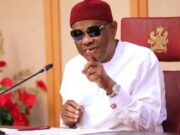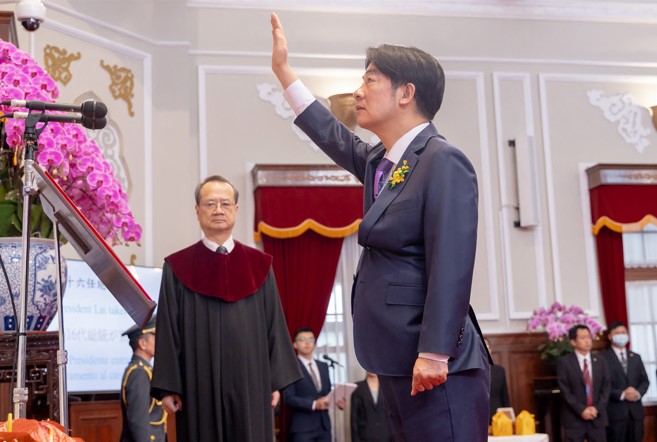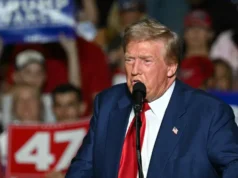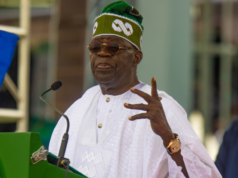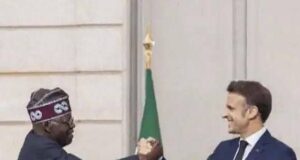Lai Ching-te was inaugurated as Taiwan’s new president on Monday, vowing to defend the island’s democratic values while urging China to end its military intimidation.
In his inaugural address, Lai emphasized the importance of Taiwan’s democratic era and thanked citizens for their resilience against external pressures.
 Advertorial
Advertorial
“A glorious era of Taiwan’s democracy has arrived,” he said.
“We must demonstrate our resolution to defend our nation and strengthen our legal framework for national security.”
Lai, 64, has faced criticism from Beijing, which labels him a “dangerous separatist” due to his past pro-independence remarks, although he has since moderated his stance.
He pledged to maintain the status quo, preserving Taiwan’s sovereignty without formally declaring independence.
 Advertorial
Advertorial
“I call on China to cease their political and military intimidation against Taiwan,” Lai said. “We should share the global responsibility of maintaining peace and stability in the Taiwan Strait and ensure the world is free from the fear of war.”
Lai has repeatedly sought to reopen high-level communications with China, which were severed in 2016 when his predecessor, Tsai Ing-wen, took office.
Despite his appeals for dialogue, experts believe Beijing is unlikely to respond positively.
Since 1949, Taiwan has been self-governed after nationalists fled there following their defeat in the Chinese civil war.

China views Taiwan as a breakaway province and has long threatened to use force to reunify the island with the mainland.
The United States, which switched diplomatic recognition from Taiwan to China in 1979, remains Taiwan’s key ally and largest arms supplier.
Lai is expected to further strengthen defense ties with Washington during his presidency. U.S. Secretary of State Antony Blinken congratulated Lai and expressed a commitment to deepening ties and maintaining peace across the Taiwan Strait.
 Advertorial
Advertorial
Meanwhile, Chinese state media reported sanctions on three U.S. defense companies for their arms sales to Taiwan, and Chinese social media platform Weibo blocked hashtags related to the inauguration.
Despite near-daily military activities around Taiwan, there was no significant increase in Chinese military presence leading up to Lai’s swearing-in. Lai and Vice President Hsiao Bi-khim, both from the Democratic Progressive Party (DPP), are firm advocates of Taiwan’s sovereignty. China has dubbed them an “independence duo.”
 Advertorial
Advertorial
As Lai assumes office, Taiwan and its allies watch closely, hoping for stability and continued democratic governance in the face of ongoing tensions with China.



